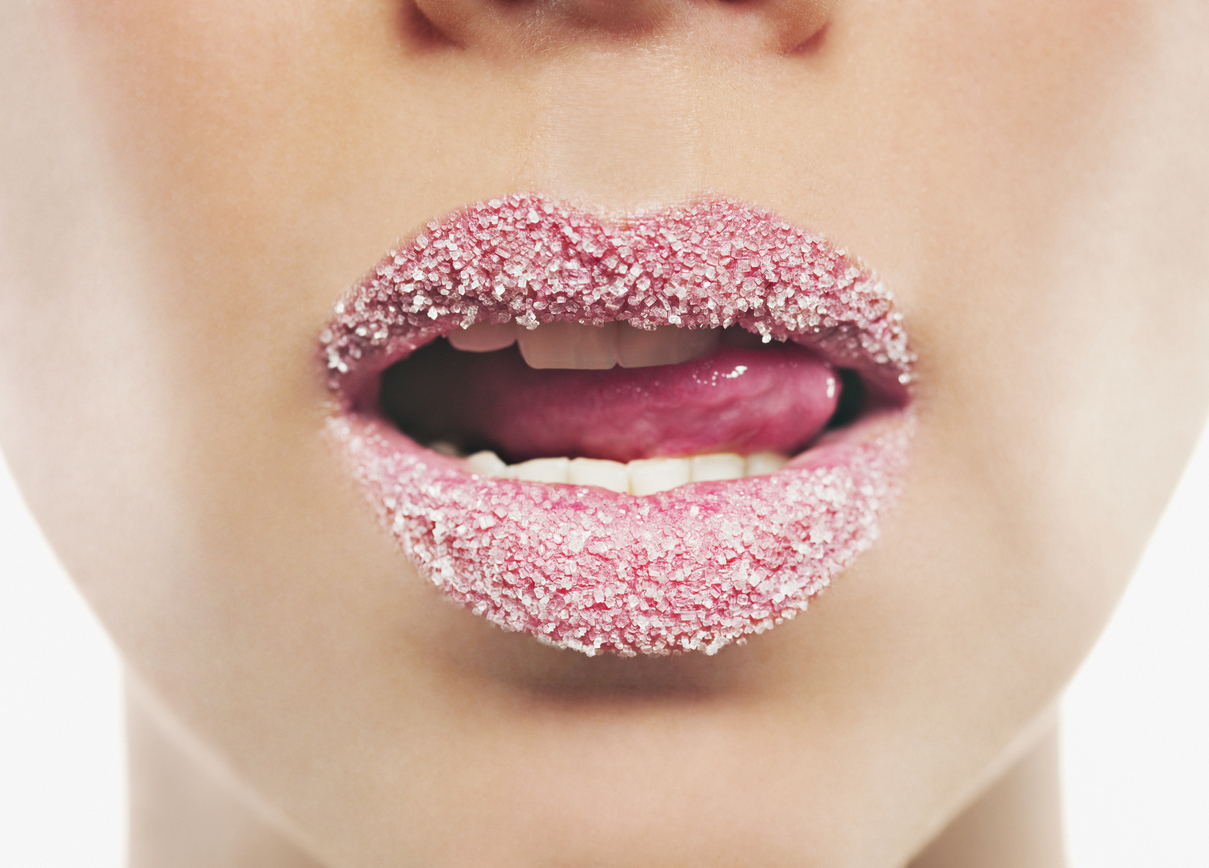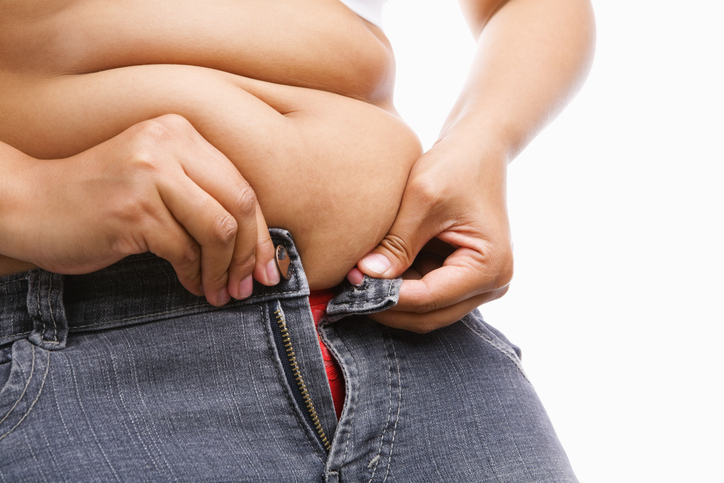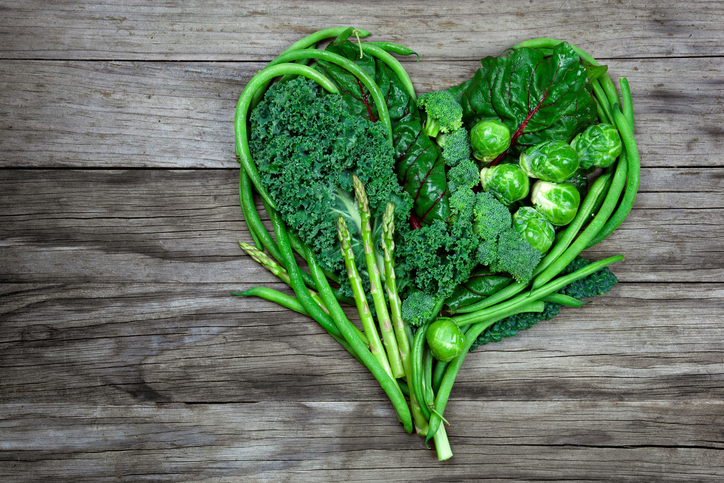Isn’t it always the case that the good things in life tend to be bad in the long run? Well unfortunately sugar is no different, as Michelle Kickham explains…

Let’s face it; we all love sugar. Whether you’re a ‘black coffee, three sugars’ type of person or someone who just can’t resist that cookie with their cuppa, sugar holds a special place in our hearts. Don’t get me wrong; I’m a big proponent of ‘everything in moderation’, but sometimes people sway that balance a little too far, allowing their sugar intake to skyrocket – only to suffer the consequences later in life.
The occasional tub of cookie-dough ice cream, however, is definitely required (ladies, you know what I mean), but keeping an eye on the intake is a must in order to avoid these consequences – especially now that bikini season is around the corner!
Weight gain
Sugar is a carbohydrate – one of the three macronutrients – and contains calories which are used by your body to do work. When you exceed your caloric requirements the excess energy is stored as body fat (i.e. weight gain). Obviously we need calories to function, but due to the seductive nature of the sweet stuff it’s pretty easy to consume too much (hello, doughnuts!).
Not only is sugar easily overindulged in, those added sugars often contain empty calories meaning they don’t really offer much nutritional value (few vitamins and minerals), so if you’re struggling to lose those pounds before summer, ditching that extra shot of syrup in your latte is a good place to start.

Energy and mood balance
If anyone reading this has ever seen a child after a sugar-filled birthday party, you know what a ‘sugar high’ looks like and of course, the ‘crash’ that accompanies it. Simple sugars (such as those found in sweets and syrups) cause a rapid spike in blood sugar levels that give your body a short-lived but powerful burst of energy. As these sugars are by chemical nature very simple, they are broken down very quickly (a couple of hours) leaving you feeling drained and lethargic.
These sugar highs and lows (often known as sugar slumps) have more side effects than you would expect. Sugar highs can cause dizziness and anxiety, while sugar slumps can cause mood swings, headaches and even vision problems. That doughnut doesn’t look as good now, does it? (Okay maybe it does, but at least now you’ve been warned!)

Teeth, skin and hair
‘An apple a day keeps the dentist away’… except that it actually doesn’t. Don’t get me wrong, apples are great; they’re packed with vitamins and fibre, but they also contain high quantities of sugar which we all know wreaks havoc on our pearly whites. Obviously, if you’re going to reduce sugar intake you’re far better off removing the refined sugars found in cakes and sweets, but don’t be fooled by ‘natural’ or ‘organic’ sugars. Remember, sugar is just a molecule, it doesn’t know if it’s been ethically sourced or certified organic!
In addition to the cavity-causing conundrum, too much sugar in the diet can cause blood sugar imbalances, which can lead to an increase in cortisol (the stress hormone) causing skin problems, breakouts, thinning and brittle hair and even depression.
Healthy heart and brain
A high-sugar diet not only affects your physical well-being such as your heart and kidneys, but also your cognitive health (i.e. your brain). One might argue that those who consume very high quantities of sugar in their diet probably don’t adhere to a ‘healthy lifestyle’ and it is the latter issue that is the problem, not the sugar intake itself.
This is a fair, strong argument that researchers have actually put to the test and their results might surprise you. It has been shown that high sugar intake is positively correlated to heart disease and cognitive issues, irrespective of your other dietary choices. Which do you love more? – Your heart or that chocolate cookie with your coffee? (You may need to think about this one…)

Diabetes and neuromuscular disorders
When we eat sugar, it enters our blood stream causing an increase in blood sugar levels which is then reduced by a compound called insulin. Insulin is produced in the liver and is responsible for the breakdown of sugar from our bloodstream, which is then used by our cells as a form of energy. However, if you consume more sugar than your body is capable of metabolising (it just can’t keep up) you run the risk of developing type 2 diabetes; a disease which is becoming far too commonly diagnosed in recent years.
Type 2 diabetes is characterised by weight gain, excessive thirst and insulin resistance; a disorder affecting the body’s ability to react to changes in blood sugar levels, leading to hyperglycemia (high blood sugar), metabolic stress and even neuromuscular disorders. People suffering with type 2 diabetes rely on insulin injections and other medications to metabolize sugars, so if you have a major sweet tooth but aren’t too keen on needles, consider swapping out your sugar with some stevia – all of the sweetness, none of the side effects!

Final message
At the end of the day, we all know that moderation is key to a healthy body, mind and lifestyle. Sugar is not the devil and you won’t instantly go into a ‘carb-coma’ the minute you indulge in the odd cupcake. However, keeping an eye on those added sugars, particularly the refined or ‘simple’ sugars, is the easiest way have your cake and eat it too (and yes, that pun was intended.)
About the author
 Michelle Kickham is a doctoral candidate in Immunology and Organic Chemistry and a current Irish Research Council scholar. Michelle believes that science holds the power to make a real difference and her goal is to explain the science behind health claims, offer advice and tips, as well as sharing healthy recipes to suit almost any diet.
Michelle Kickham is a doctoral candidate in Immunology and Organic Chemistry and a current Irish Research Council scholar. Michelle believes that science holds the power to make a real difference and her goal is to explain the science behind health claims, offer advice and tips, as well as sharing healthy recipes to suit almost any diet.
For more information, visit www.lifeliftsandlabcoats.wordpress.com
